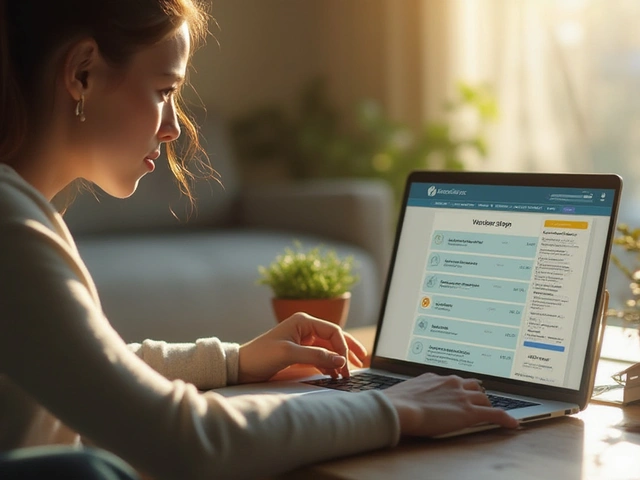Zebeta Guide: What You Need to Know About Bisoprolol
Zebeta is the brand name for bisoprolol, a beta‑blocker used to lower high blood pressure and help the heart work more efficiently. If you’ve been prescribed Zebeta, you probably wonder how it works, how to take it right, and what to watch for. This guide breaks down the basics in plain language so you can feel confident about your treatment.
How Zebeta Works and Who Should Use It
Bisoprolol blocks the action of adrenaline on beta‑1 receptors in the heart. By doing that, it slows the heartbeat, lowers the force of each beat, and reduces the amount of blood the heart has to pump. The net effect is less pressure on your arteries.
Doctors typically prescribe Zebeta for:
- Stage 1 or 2 hypertension (high blood pressure)
- Heart failure where the heart needs help pumping
- Control of heart rate after a heart attack
If you have a history of asthma, severe chronic obstructive lung disease, or very low heart rates, your doctor might choose a different medication because bisoprolol can make breathing issues worse.
Tips for Safe Use and Managing Side Effects
Take Zebeta exactly as your doctor tells you. Most people start with a low dose—often 5 mg once a day—and increase slowly if needed. Swallow the tablet whole; don’t crush or chew it.
Common side effects include tiredness, mild dizziness, and cold hands or feet. These usually fade after the first week as your body adjusts. If you feel unusually slow heartbeats (below 50 bpm), severe dizziness, or shortness of breath, call your doctor right away.
Never stop Zebeta suddenly. Stopping fast can cause a rebound rise in blood pressure and trigger chest pain. If you need to quit, your doctor will taper you down over several weeks.
Here are a few practical tips:
- Take the dose at the same time every day—morning works for most people.
- Keep a simple log of your blood pressure and how you feel. Bring it to each appointment.
- Alcohol can lower blood pressure further, so limit drinking.
- Stay hydrated but avoid excess caffeine, which can counteract the calming effect on your heart.
If you miss a dose, take it as soon as you remember—unless it’s almost time for the next dose. In that case, skip the missed one and continue as usual. Do not double up.
Zebeta can interact with other medicines, especially other blood pressure drugs, certain antidepressants, and thyroid medications. Always tell your pharmacist about every prescription and over‑the‑counter product you use.
Regular check‑ups are key. Your doctor will monitor your blood pressure, heart rate, and kidney function to make sure the dose stays right for you.
In short, Zebeta is a reliable option for many people with high blood pressure or heart‑related conditions. Follow the dosing schedule, watch for side effects, and keep open communication with your healthcare team. With the right approach, you can keep your blood pressure in check and reduce the strain on your heart.
Where and How to Buy Zebeta Online Safely: Complete 2025 Guide
Unpack real-world tips, known facts, and practical steps for buying Zebeta online safely in 2025. Find out about legit sources, legal factors, and cost-saving moves.





